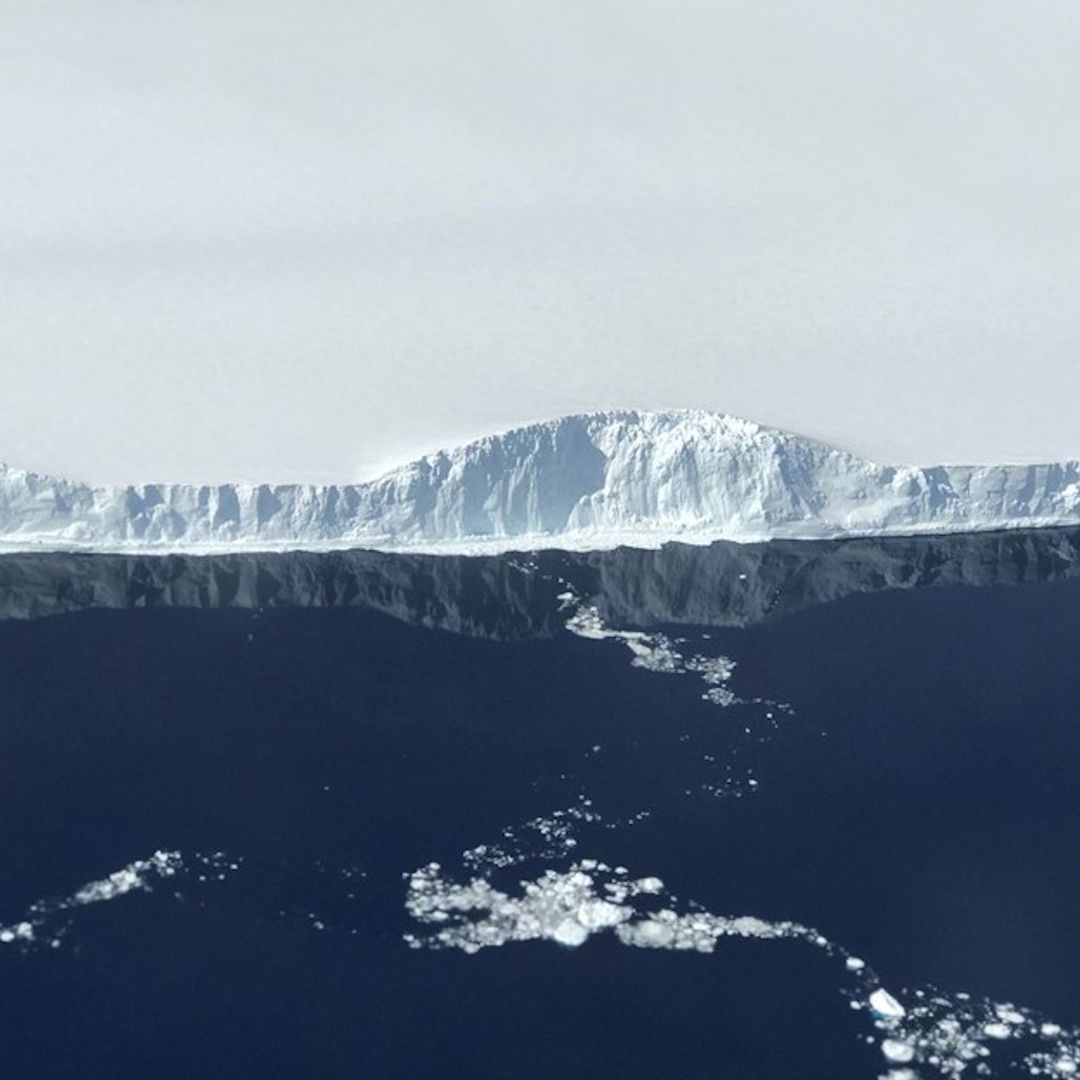Antarctica is losing ice 6 times faster than in 1980s

Published Date: 1/14/2019
Source: axios.com
Antarctica is shedding ice at an increasingly rapid rate, potentially imperiling coastlines around the world as sea levels increase in response, a new study finds. Why it matters: Antarctica is already contributing a growing amount to sea level rise, the study found, and things could get much worse.The big picture: The new study, published Monday in Proceedings of the National Academy of Sciences, found that Antarctica has shed ice at a growing rate in recent decades. From 1979 to 1990, the average annual ice mass loss rate was 40 billion metric tons per year. This jumped to 252 billion metric tons per year, between 2009 to 2017. The study, from glaciologists at the University of California at Irvine and Netherlands' Utrecht University, also contains the worrisome conclusion that East Antarctica has been losing mass since the 1980s. That's important because previous studies had regarded that part of the continent as stable or not yet undergoing a net loss. Details: Warming ocean waters are weakening floating ice shelves, which act like doorstops that keep massive amounts of inland ice from flowing quickly into the sea. The warm waters, pumped in by natural variability and human-caused climate change, are melting such shelves from below, and the new study found the parts of Antarctica that are melting the fastest are ones that have an ocean influence. The researchers set out to complete a comprehensive survey of the ice-bound continent using a variety of data sources, such as NASA aircraft reconnaissance and satellite measurements. They examined 18 regions that included 176 glacier basins. The study took into account the balance between inland snowfall and coastal ice melt. As recently as 2001, scientists thought that increased snowfall could compensate for ice loss at the margins, but that is no longer the case. What they're saying: "The really big questions are whether the recent acceleration in mass loss will continue, leading to rapid deglaciation of one or more basins and much faster sea-level rise," Richard Alley, a geosciences professor at Penn State University, told Axios via email. Alley was not involved in the new study."We do not know the answer to this, but we do know that the more humans warm the climate, the more likely it is that the ice will respond."Robin Bell, who studies ice sheets at Columbia's Lamont-Doherty Earth Observatory, says the new study is a welcome addition to the literature on Antarctica. "[It] Shows how the ice sheets are in a different place and changing faster than we could have imagined in the 1970's," she said in an email to Axios.What's next: Glaciologists need to reconcile the new study's findings with a large study published last year that found East Antarctica has not been losing ice so quickly, though it raised the possibility of future losses.Go deeper: Antarctica has lost nearly 3 trillion tons of ice since 1992Choosing the future of AntarcticaRising sea levels could cost the U.S. trillions